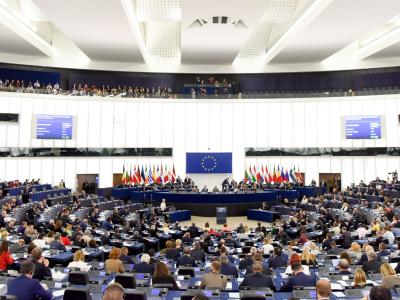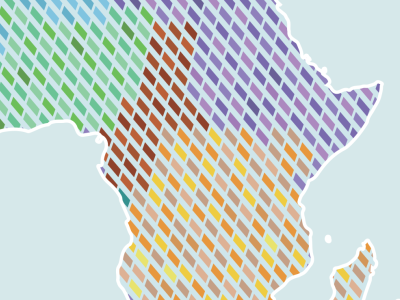
What Next for the Joint Africa-EU Strategy? Perspectives on Revitalising an Innovative Framework - A Scoping Paper
The Joint Africa-EU Strategy (JAES) was agreed upon at the 2007 Lisbon Summit. The purpose of the new policy framework was to “take the Africa-EU relationship to a new strategic level with a strengthened political partnership and enhanced cooperation at all levels”. It reflected a bold, ambitious and innovative response to new geopolitical realities (e.g. emergence of new players such as China, Brazil, India) as well as major changes in Europe and Africa. It was meant to provide an “overarching long-term framework for Africa-EU relations”, to be implemented through eight thematic partnerships and successive Action Plans (AP).
Two years later, the mood seems less euphoric. Many stakeholders on both sides, argue that the JAES is not moving in the right direction –or not fast enough- in terms of modifying substantially the nature and quality of EU-Africa relations as originally intended, despite some qualified successes and the best efforts of many. The 13th Africa - EU Ministerial Troika in October 2009 acknowledged this state of affairs and invited all stakeholders to proceed to a “fundamental review” of the structures and functioning mechanisms of the first Action Plan and to come up, if necessary, with proposals for “significant changes”, to be discussed at the next Troika at the end of April 2010.




